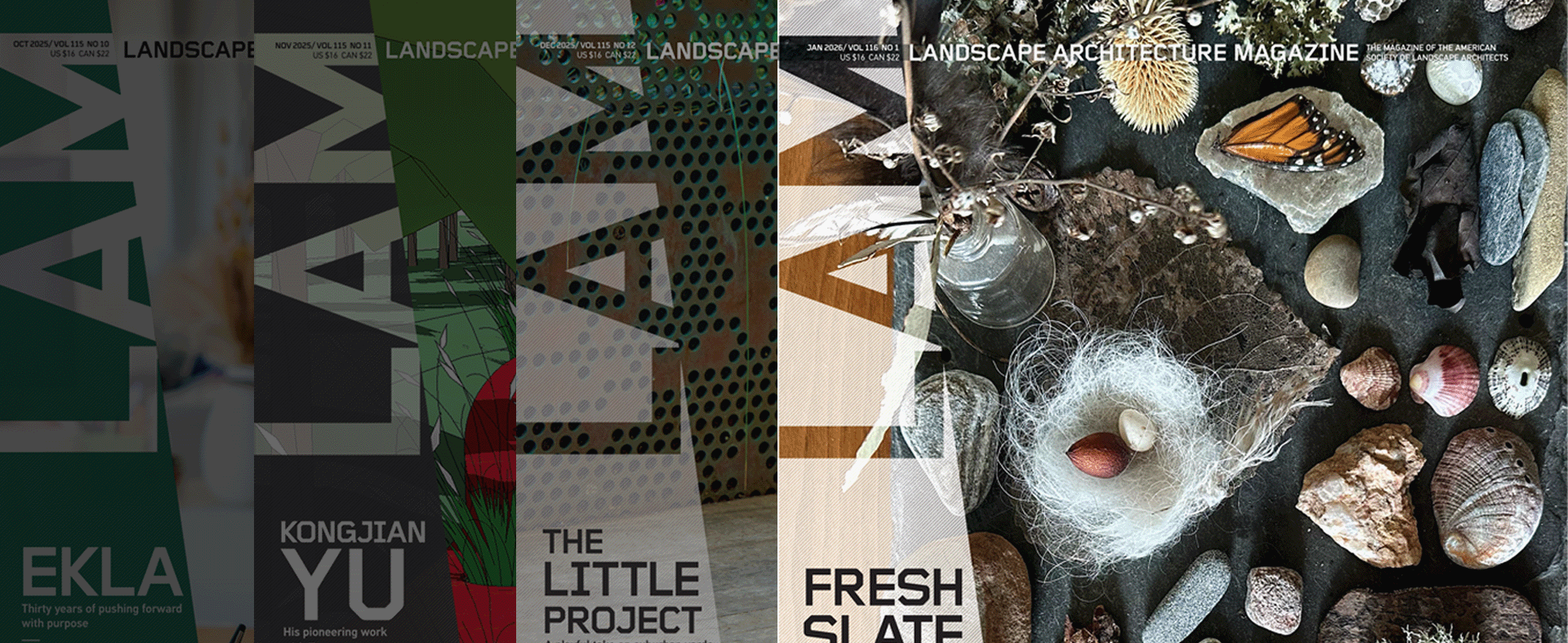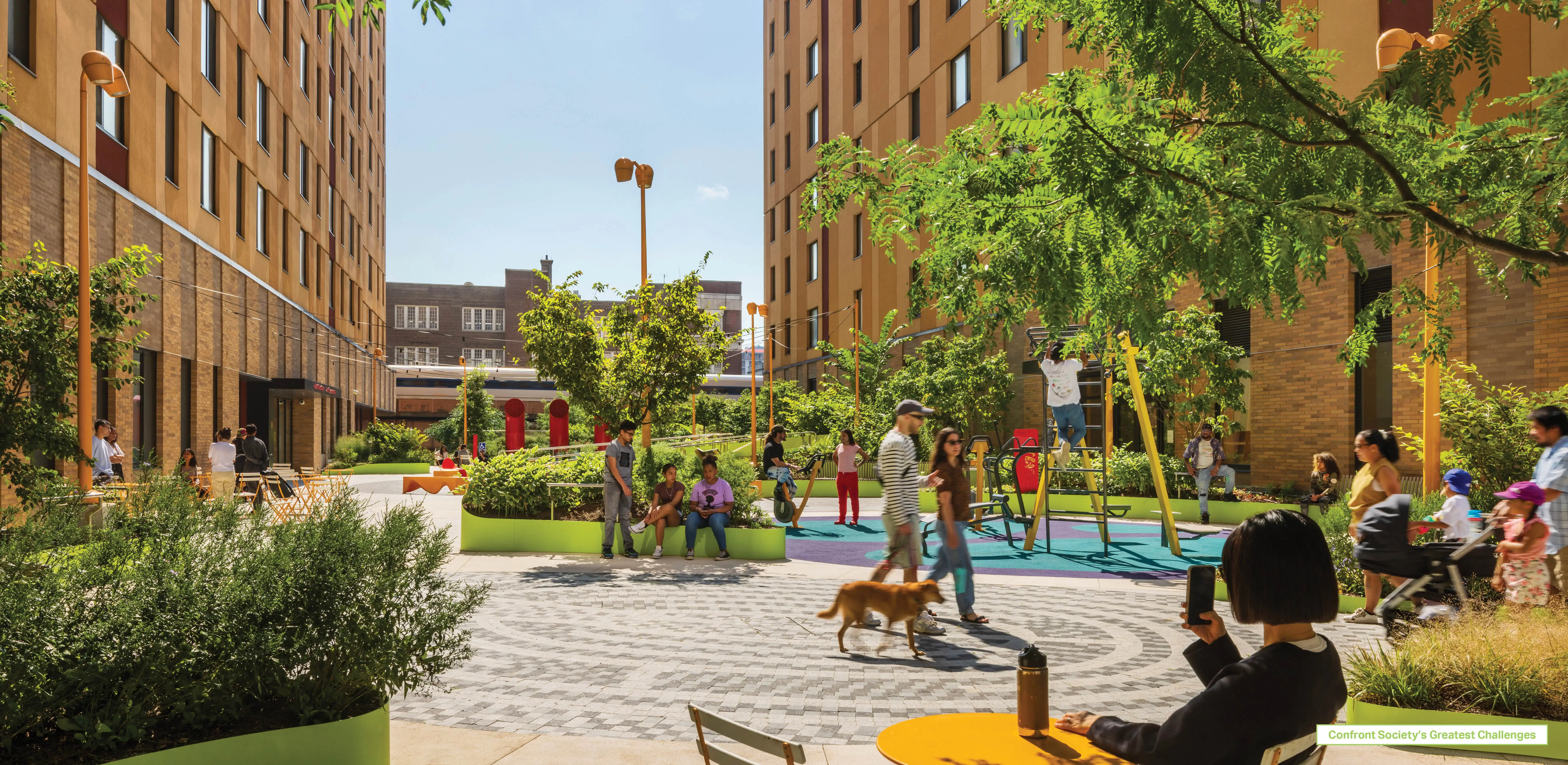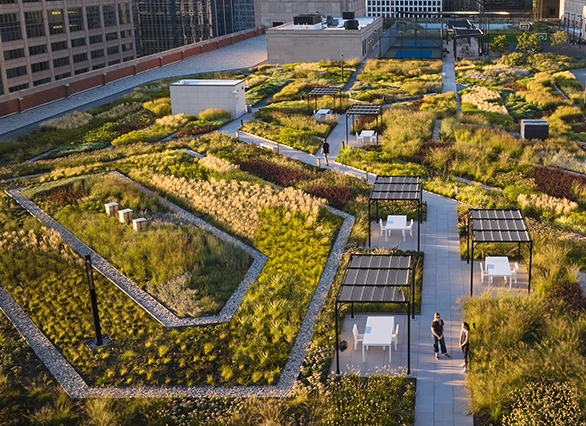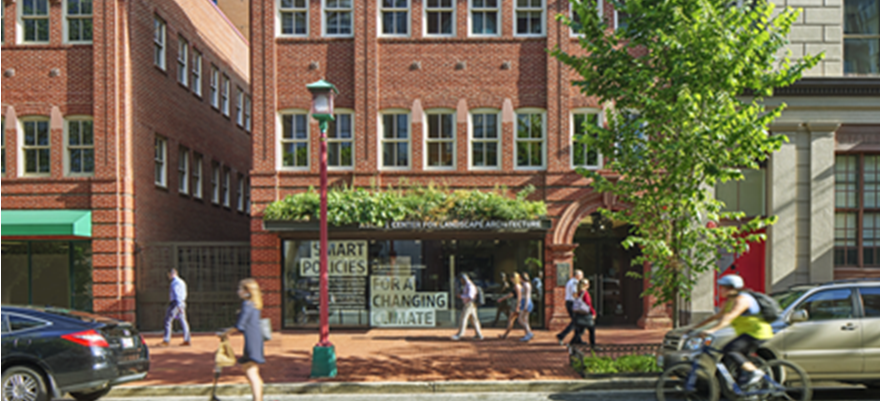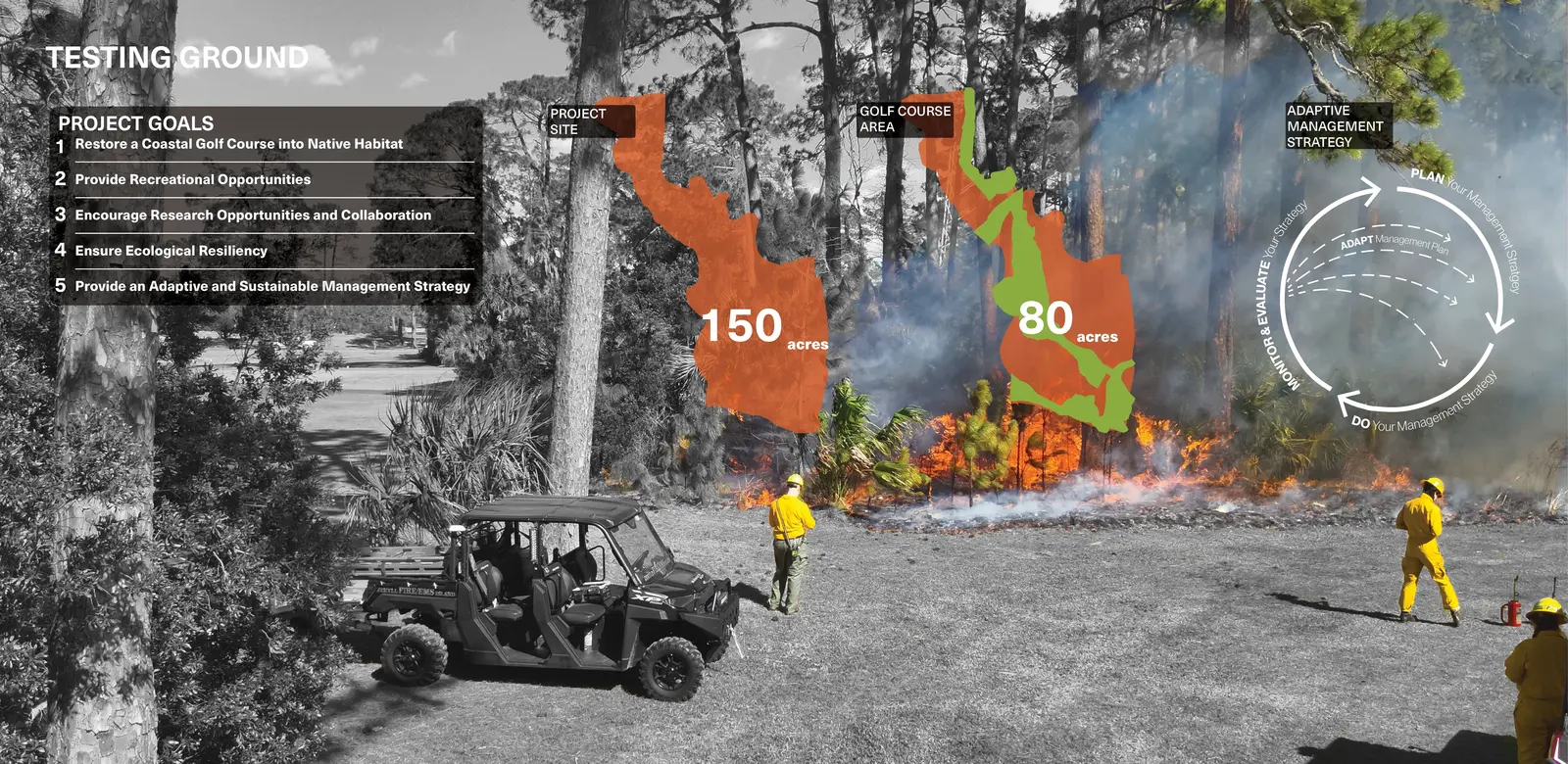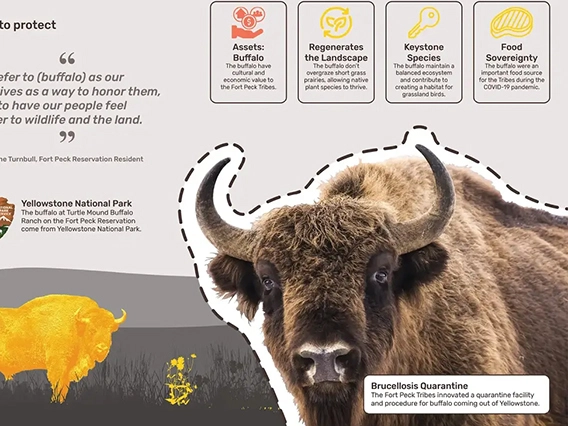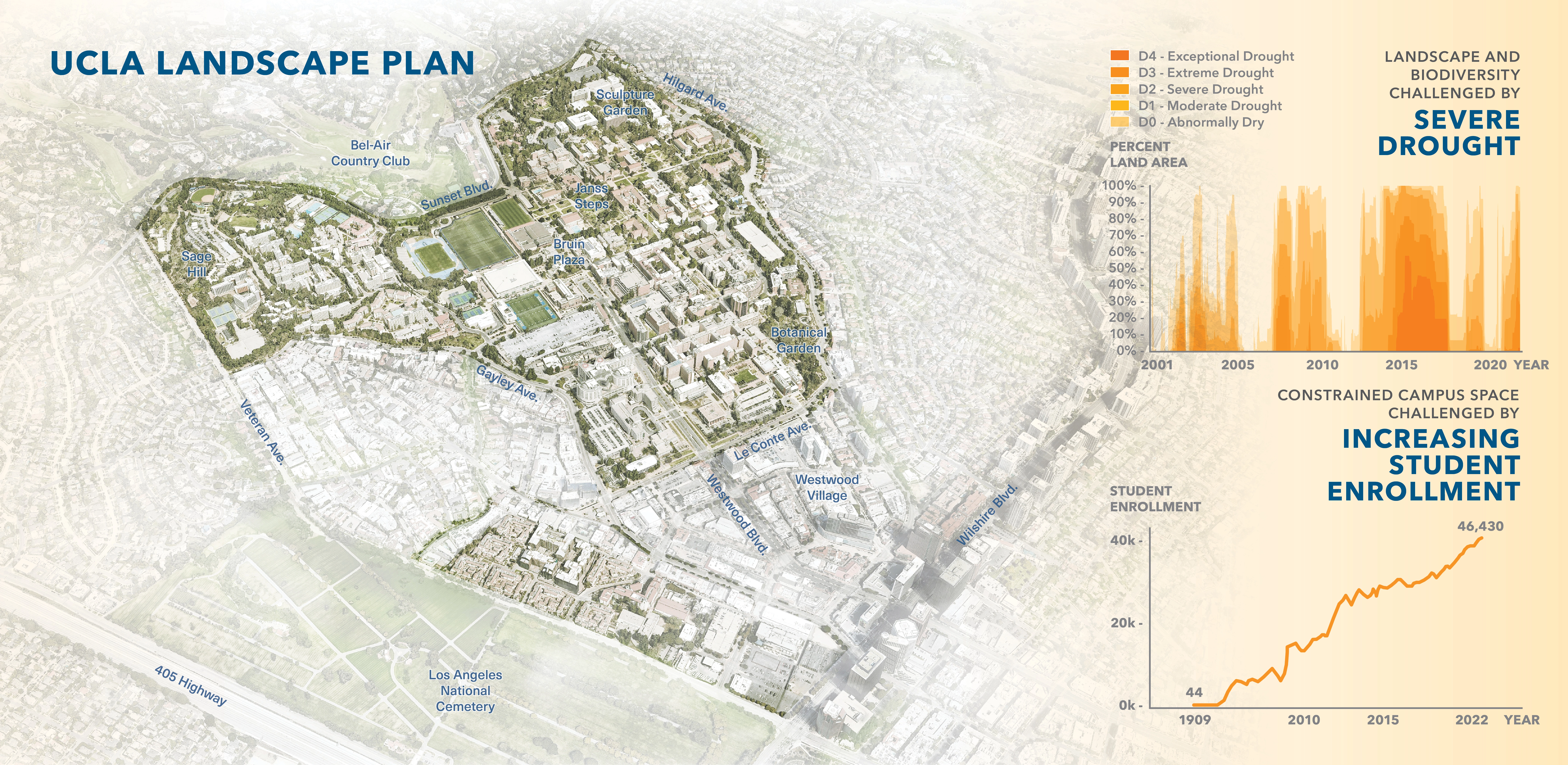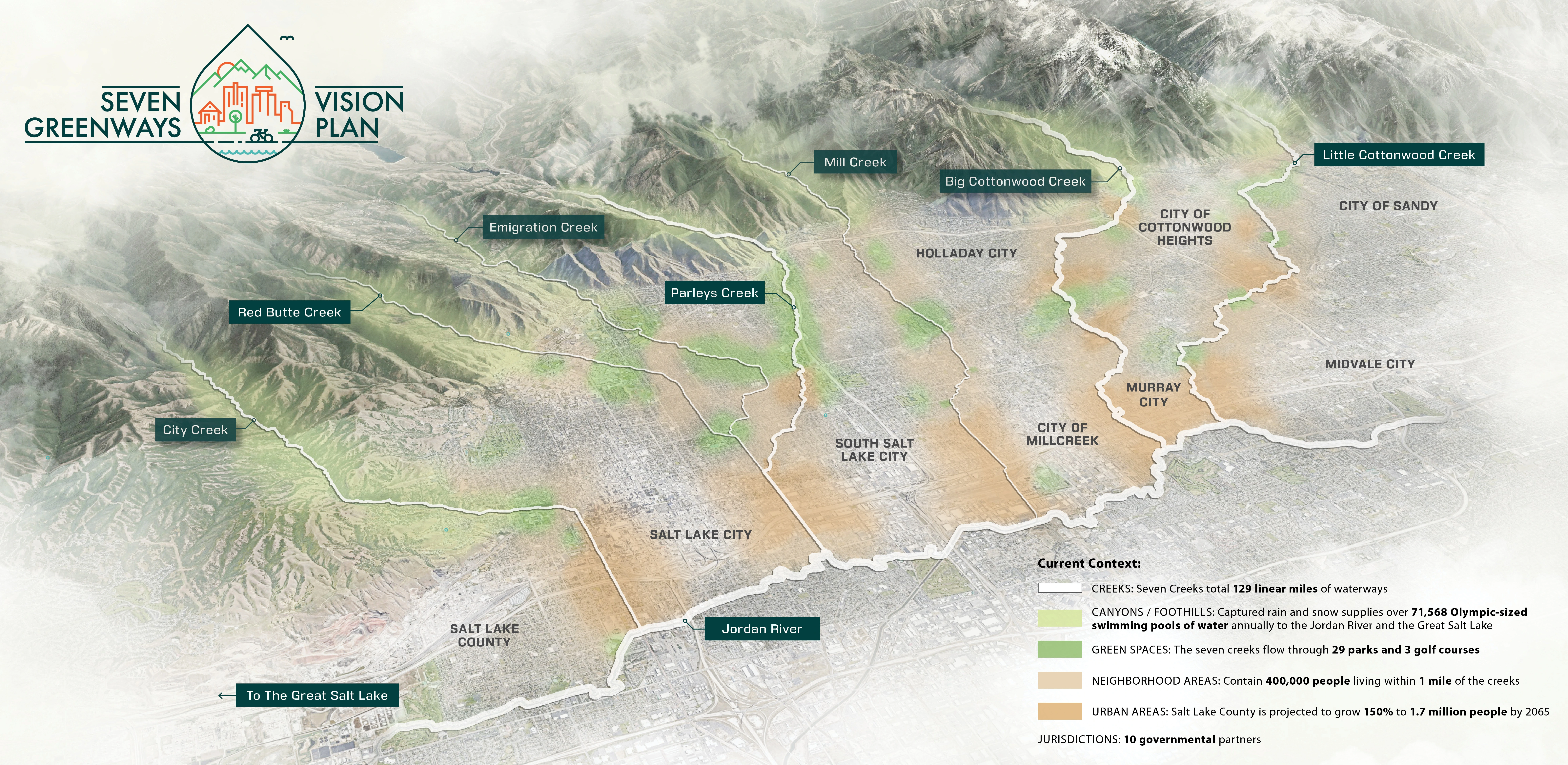Testing Ground: Adapting Fairways to Resilient Barrier Isle Ecosystems
Great project exploring land use more sustainable than a golf course.
It is the example of a resilient design and reconversion of a site for environmental restoration. It illustrates the good understanding of the context and the natural systems to develop a reconversion plan and protect the surroundings. The project represents the impact the work of landscape architecture can have in relation to regeneration as a respond to climate change effects.
Awards Jury
-
Jeykll Island’s ecological restoration transforms an aging golf course into a resilient coastal landscape, setting a national precedent for repurposing underutilized land. Once a fragmented and degraded site, the landscape is being revitalized into thriving native habitat that includes longleaf pine savannas, coastal salt marshes, maritime forest, and sweetgrass prairie. Led by landscape architects, the project balances ecological restoration with cultural heritage. By restoring habitats, providing recreation and research opportunities, ensuring ecological resilience, and developing adaptive management strategies, this effort not only protects the island’s natural heritage but also positions it as a model for coastal restoration nationwide.
-
Restoring a Legacy: Reclaiming Jekyll Island’s Native Ecosystems
Centuries of urbanization have fragmented U.S. East Coast ecosystems, reducing longleaf pine savanna to less than 3% of its original range. Jekyll Island, a barrier island off Georgia’s coast, offers a rare opportunity to reverse this decline amid climate change, sea-level rise, biodiversity loss, and the loss of cultural landscapes. This project transforms an aging golf course into thriving native habitats—restoring longleaf pine savannas, salt marshes, and sweetgrass prairies. By honoring the island’s ecological heritage and resilience, the project sets a national model for coastal restoration and sustainable development.
Ecological Restoration for Resilience and Biodiversity
This project employs strategic restoration and adaptive management to enhance biodiversity, climate resilience, and soil health. By removing turfgrass and invasives, reintroducing fire-adapted native plants, and designing habitats for target species, the landscape transforms into interconnected habitats that support threatened and at-risk species while increasing ecosystem stability. Repurposing existing infrastructure to anticipate sea-level rise and increased storm surge, such as converting ditches and culverts, improves tidal flows, water quality and habitat connectivity. These efforts fortify the island’s ability to manage stormwater, prevent erosion, and adapt to climate change, demonstrating how landscape architecture can restore ecological function while mitigating risks.
Innovative Climate Adaptive Design
This design strategically places habitats based on Jekyll’s topography, hydrology, and natural processes, both today and in the future. Upland areas are restored as longleaf pine savannas while critical freshwater resources are protected. Lower elevations transition into brackish wetlands, supporting habitat diversity, marsh migration, and climate adaptability. Additional ecosystems, like pollinator meadows and sweetgrass prairies, restore ecological complexity and cultural ties. This layered strategy creates a resilient, self-sustaining landscape that adapts to shifting environmental conditions.
Cultural Heritage and Community Connection
The restoration honors Jekyll Island’s rich cultural history, especially the Gullah Geechee people. Reintroducing sweetgrass pays homage to their traditional craft, while interpretive trails, art, and educational displays immerse visitors in the island’s complex ecological and cultural narratives and legacies. Elevated boardwalks and a living classroom provide firsthand learning experiences, fostering environmental stewardship and public appreciation for coastal ecosystems.
Merging Science, Design and Engagement
The landscape architect led the restoration, blending ecological science, climate adaptation, and community engagement. Through in-depth site analysis, the team developed a strategic approach to restoring upland savannas and coastal marshes, repurposing existing infrastructure to improve habitat connectivity. Educational and interpretive elements were thoughtfully designed to balance ecological restoration with public access, ensuring that Jekyll Island remains a place of conservation, recreation, and cultural storytelling for generations to come. Since there are very few examples of golf course conversions in the region, the client has made a long-term commitment to research and dissemination of the process as a critical component of the project.
-
- Emily McCoy, FASLA - Design Workshop
- Adeline Lerner, ASLA - Design Workshop
- Craig Klomp - Design Workshop
- Morgan Clutter - Design Workshop
- Marti Roca Busacker - Design Workshop
- Jordan Metzler - Design Workshop
- Neo Geng - Design Workshop
- Kathleen Elliot - Design Workshop
- Yank Moore - Jekyll Island Authority
- Daniel Quinn - Jekyll Island Authority
- Joseph Colbert - Jekyll Island Authority
- Lauren Gingerella - University of Georgia
- Christine Hladik - Georgia Southern University
- Adam Betuel - Birds Georgia
- Gabe Andrle - Birds Georgia
- Jason Lee - Georgia Department of Natural Resources:
- Eamonn Leonard - Georgia Department of Natural Resources
- Alice Vick - Georgia Environmental Protection Division:
- Courtney Reich - The Georgia Reich
- Jennifer Cruse-Sanders - State Botanic Garden of Georgia
- Frank Allen - Georgia Forestry Commission
- Ellen Herbert - Ducks Unlimited
- Ashley Worley - The Nature Conservancy
- Carol Denhof - The Longleaf Pine Alliance
- Ben Stegenga - The Orianne Society
- Atelier Mey - Resilient Learning Lab

.webp?language=en-US)
